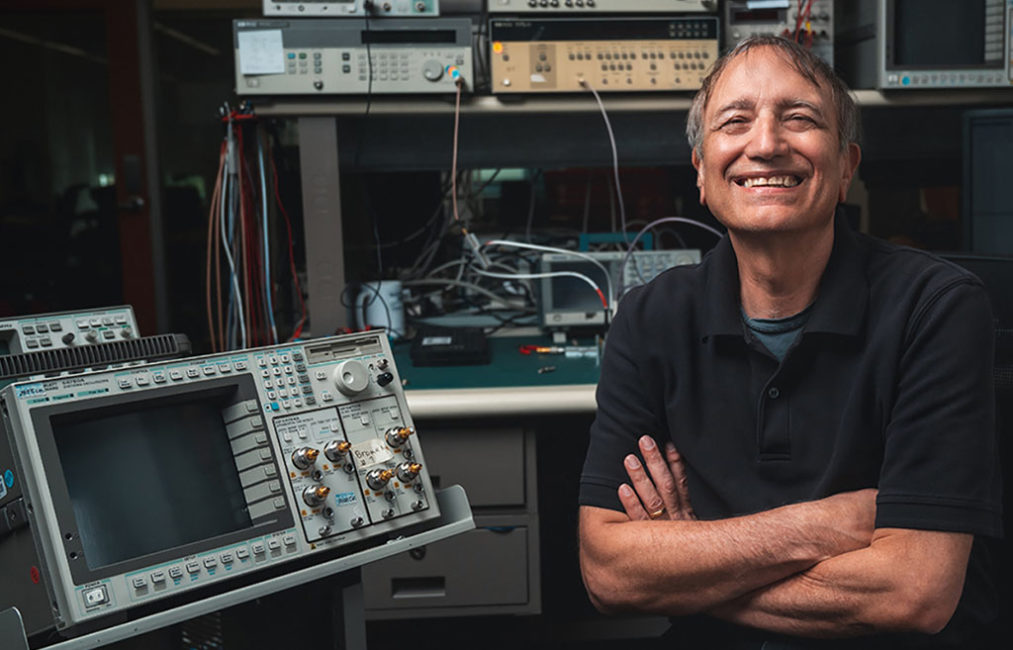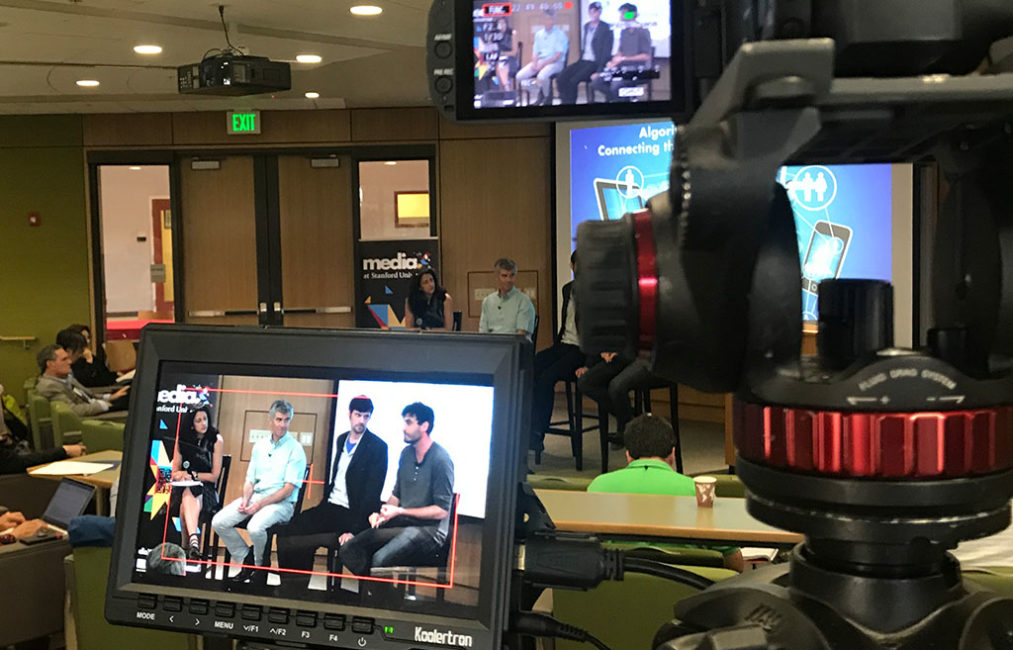
Stanford 3D Computer Graphics Pioneer Wins $1M Turing Award
mediaX Thought Leader and Stanford Computer Scientist and Engineer Pat Hanrahan wins the award from the Association of Computing Machinery, often described as the “Nobel Prize” of computing.

New Research Projects Focus on Rationalizing Human Learning Experiences
Three innovative projects with great potential for long-lasting impact on learning sciences have been funded by mediaX at Stanford University.

Watch Algorithms and Analytics: Connecting the Learner and the Learning Presentations
Relive the presentations as we examine which indicators of learning are most meaningful, which can be used ethically in algorithms for personalized learning and for learning at scale, and how data can be tagged for open exchange.
Intelligent Agents, the Knowledge Graph and Open Data for Learning
Mark Musen is Professor of Biomedical Informatics at Stanford University, where he is Director of the Stanford Center for Biomedical Informatics Research. Dr. Musen conducts research related to intelligent systems, reusable ontologies, metadata for publication of scientific data sets, and biomedical decision support. His group developed Protégé, the world’s most widely used technology for building […]
Processed-based Assessments: Analyzing Critical Thinking, Decision Making, Collaboration
Janine Zacharia was Jerusalem Bureau Chief and Middle East Correspondent for the Washington Post from December 2009 through April 2011. During her time at the Washington Post, she reported widely throughout the Middle East beyond Israel, the West Bank and Gaza Strip, including assignments in Egypt, Jordan, Lebanon, Iraq, Bahrain, Saudi Arabia, the UAE and […]
Algorithms for Assessments of Problem-Solving Tasks
Chris Piech is an Assistant Professor of Computer Science Education at Stanford University. His research is in machine learning looking to understand human learning. He also believes that in 2019 there is a unique opportunity to build better learning experiences that serve more students. Chris is teaching CS398 which is a research-level course that explores […]
Sensor-Based Assessments
Nick Haber is an Assistant Professor at The Stanford Graduate School of Education. Nick is interested in machine learning, computer vision, and human-computer interaction. His work thus far has primarily involved face detection and tracking, using Constrained Local Models. On top of this, he developed engagement scoring, gaze tracking, and emotion detection for the purpose […]
Measuring What Matters
Daniel Schwartz is dean of Stanford Graduate School of Education and an expert in human learning and educational technology. Schwartz oversees a laboratory whose computer-focused developments in science and math instruction permit original research into fundamental questions of learning. He has taught math in rural Kenya, English in south-central Los Angeles, and multiple subjects in […]
A Conversation-First Approach to Design
Robert Moore is a research scientist at IBM Research-Almaden, where he examines the intersection of human conversation and technology. He has recently co-authored the book, Conversational UX Design: A Practitioner’s Guide to the Natural Conversation Framework. In the past, Dr. Moore has worked as a scientist at Yahoo! Labs and the Xerox Palo Alto Research […]